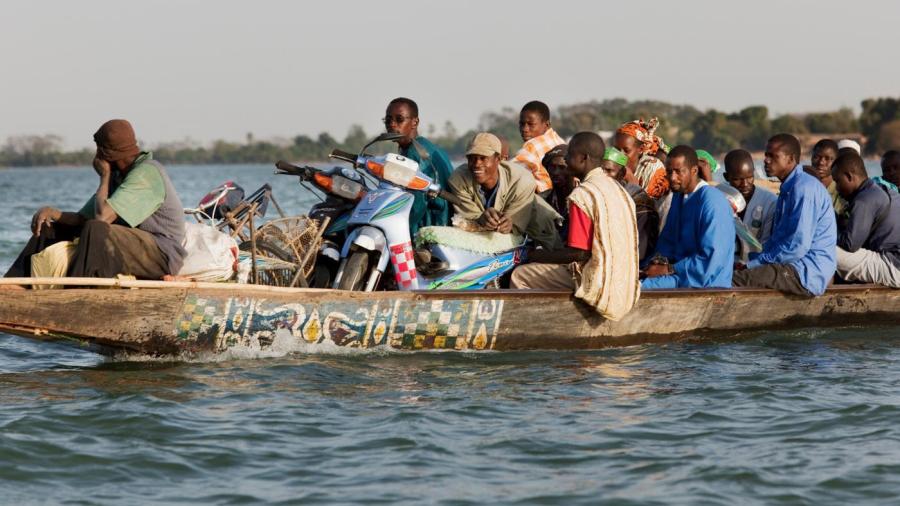Why Is the Niger River Important to Africa?

The Niger is an important river in Africa because it is the principal river in Western Africa and provides an invaluable water source in the Sahara Desert. It’s two fertile deltas provide critical water sources and wetlands to an otherwise very dry region.
The Niger starts in eastern Guinea and travels Northeast, away from the coast, into Mali and the Sahara Desert. Here the river forms into an unusual inland delta, which provides an important area of bogs, marshes and lakes in the middle of the otherwise waterless Sahara. The seasonal floods in this region support fishing and agricultural industries.
The Niger takes a turn South from Mali, and flows into Niger, Benin and finally Nigeria, where it empties in the Gulf of Guinea, also creating a fertile delta there. This bend in Mali, at Timbuktu, is a most peculiar river formation, and was created by the merging of the upper and lower Niger rivers (at one time separate rivers) via erosion.
Two dams in Nigeria, the Kainji and Jebba dams, use the river to generate hydroelectric power. It is estimated that the river is being underutilized as far as irrigation, with Nigeria and Mali both using under half of the potential hectares available, as seen by the Food and Agriculture Organization. Dam rehabilitation projects have been planned in Nigeria, and new dam construction has been proposed in Mali.
As the only major river in Western Africa, the Niger is critical to West Africa’s agriculture, power and shipping.





